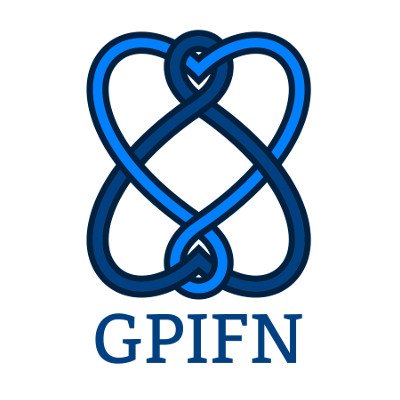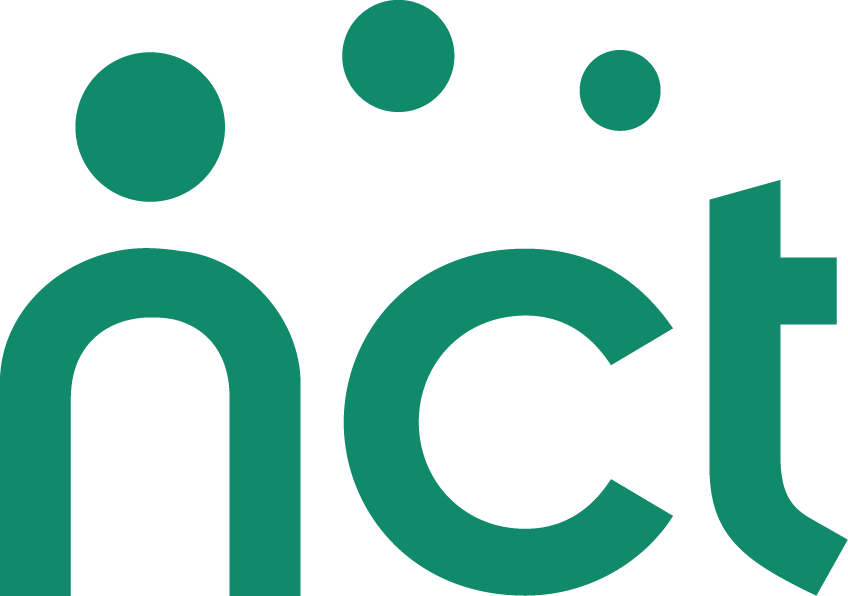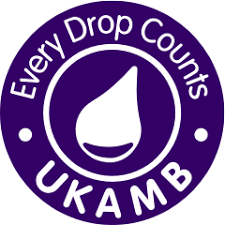What we do
We advocate for government and policy-makers to implement and enforce marketing laws that protect infant and young child feeding, and to strengthen these laws in line with the more comprehensive ‘International Code on the Marketing of Breastmilk Substitutes’ and subsequent World Health Assembly (WHA) resolutions, also referred to as the Code. Our work is consistent with the intentions of the Code, the first article of which states its aim to contribute “to the provision of safe and adequate nutrition for infants, by the protection and promotion of breastfeeding, and by ensuring the proper use of breastmilk substitutes, when necessary, on the basis of adequate information and through appropriate marketing and distribution” (WHO, 1981). We also seek to provide training on current regulations and the Code to which we aspire. In addition, and to aid our advocacy, we support monitoring of violations of UK laws and the Code.
More specifically, our shared aims are as follows:
To advocate for alignment of the current UK laws which relate to the marketing and safety of breastmilk substitutes (BMS), with, as a minimum, the International Code of the Marketing of Breastmilk Substitutes, including all subsequent relevant WHA resolutions.
To advocate for enforcement of the current UK laws relating to infant formula, follow on formula and infant milks which fall under the Foods for Special Medical Purposes regulations
To advocate for maintenance of the minimum standards of protection currently in UK laws relating to infant formula, follow on formula, and also infant milks which fall under the ‘Foods for Special Medical Purposes’ regulations, where these are threatened (whilst understanding that these remain insufficient protection and are not in line with the Code)
To offer training around the UK laws, the Code and resolutions
To maintain a watching brief on threats to existing measures which promote the safe use of breastmilk substitutes
To provide signposting to aid in the monitoring of violations of UK laws, and of the Code








































